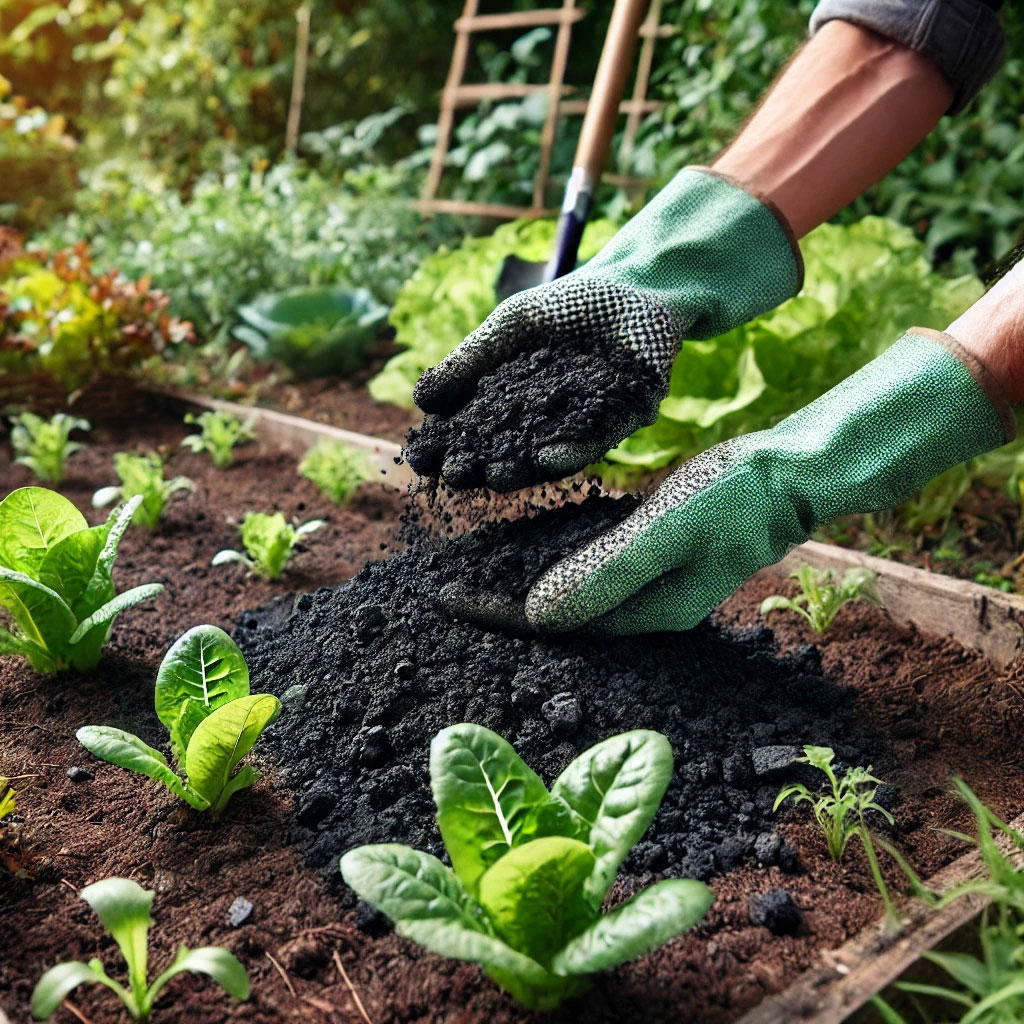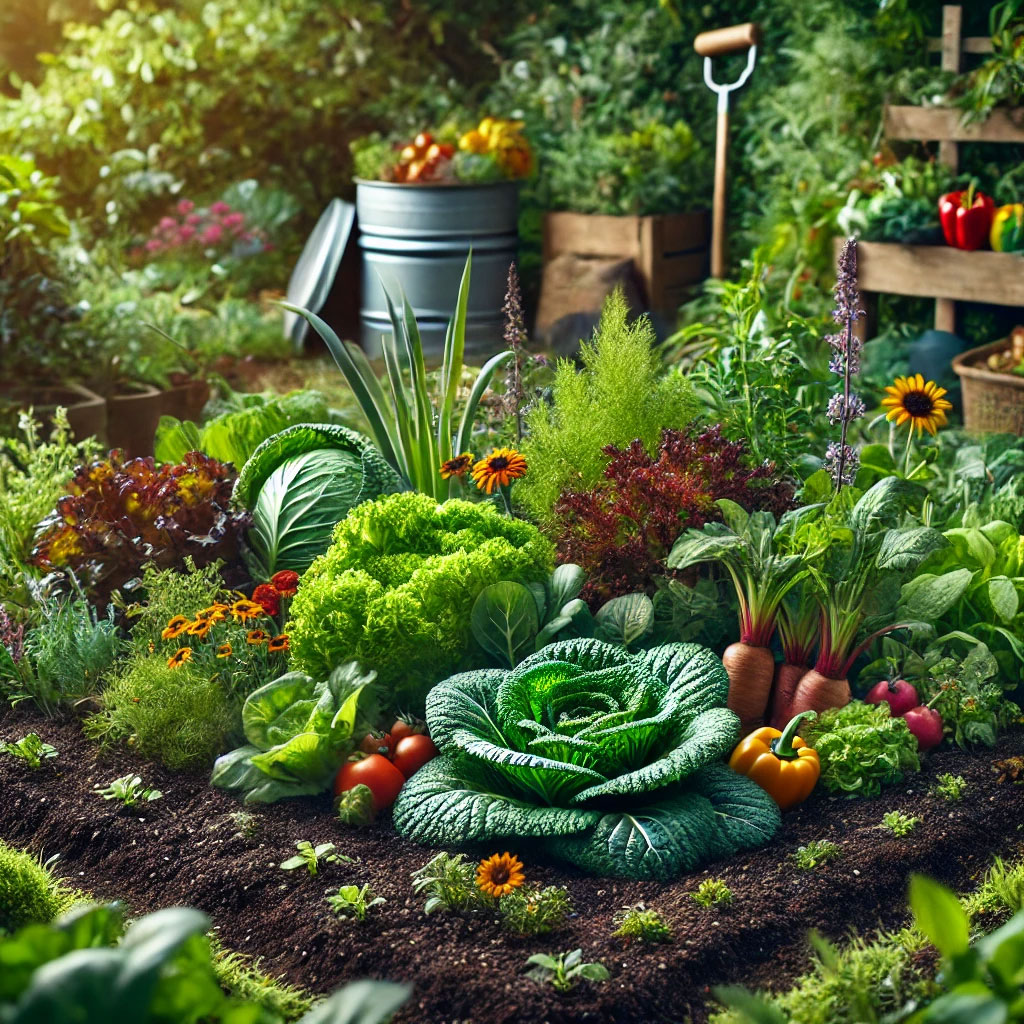A Sustainable Solution for Healthy Soils and a Healthier Planet
At Pangea Academy, we’re excited to announce our upcoming workshop on biochar, a powerful and sustainable solution that not only enriches soil but also plays a vital role in combating climate change. As we gear up for this workshop, we want to provide you with a comprehensive overview of biochar, its benefits, and why it’s such an integral part of regenerative practices.
What is Biochar?
Biochar is a carbon-rich material produced by heating organic matter—such as wood, plant waste, or even manure—in a controlled, low-oxygen environment. This process, called pyrolysis, transforms these materials into a stable form of carbon that can be used to enhance soil quality.
Unlike conventional compost or fertilizers, biochar doesn’t break down easily, which allows it to remain in the soil for centuries. This characteristic makes it a perfect tool not only for improving soil health but also for sequestering carbon, offering long-term environmental benefits.

Why Biochar Matters
Biochar’s importance lies in its multifunctional benefits, which can be divided into two major categories: environmental impact and soil health.
1. Environmental Impact
- Carbon Sequestration: Biochar locks away carbon that would otherwise be released into the atmosphere as carbon dioxide (CO₂), a greenhouse gas contributing to climate change. By storing carbon in the soil, biochar helps to reduce global CO₂ levels and mitigate climate change.
- Waste Management: The production of biochar provides an eco-friendly way to dispose of agricultural, forestry, and other organic waste materials. Instead of burning or allowing waste to decompose, which releases greenhouse gases, biochar production turns waste into a valuable resource.
- Water Filtration and Purification: Biochar’s porous structure makes it effective at filtering pollutants and heavy metals from water, which can improve local water quality when applied in agricultural or gardening practices.
2. Soil Health Benefits
- Enhanced Soil Structure: Biochar improves soil aeration and drainage, reducing the risk of erosion and compaction. It creates a habitat for beneficial microorganisms, fostering a vibrant soil ecosystem.
- Increased Nutrient Retention: Biochar acts as a sponge, holding onto nutrients that might otherwise wash away during rainfall or irrigation. This ensures that plants have access to nutrients when they need them, improving crop yields over time.
- Water Retention: In arid climates or during dry spells, biochar helps retain moisture in the soil, making it particularly useful for drought-prone regions. This increased water retention can also reduce the need for frequent irrigation, promoting more sustainable farming practices.
Why Pangea Academy Supports Biochar
At Pangea Academy, our mission is rooted in sustainable living and off-grid solutions that are good for both people and the planet. Biochar fits perfectly within this framework, and that’s why we’re eager to share this knowledge with our community through an in-depth workshop.
Biochar’s unique ability to support regenerative agriculture, improve garden ecosystems, and boost the resilience of homesteads makes it an essential tool for anyone interested in sustainability. Whether you’re a farmer, gardener, or eco-enthusiast, understanding how to produce and use biochar can have a profound impact on your land and its productivity.

Join Our Biochar Workshop
We’re thrilled to invite you to our upcoming Biochar Workshop, where you’ll learn not only the science behind biochar but also how to produce it yourself using locally sourced materials. Led by experts in sustainable construction and permaculture, this hands-on experience will cover:
- The fundamentals of biochar production and pyrolysis techniques.
- Best practices for integrating biochar into your garden or farm.
- Real-life case studies on the positive impacts of biochar on soil health and climate action.
Participants will leave the workshop equipped with the skills and knowledge to implement biochar in their own regenerative projects.
How to Get Involved
Stay tuned for more details on how to sign up for the workshop. In the meantime, we encourage you to explore how biochar fits into your sustainability goals. Whether you’re interested in growing healthier plants, reducing your environmental footprint, or contributing to global efforts to sequester carbon, biochar is a versatile and effective tool.
At Pangea Academy, we believe that small actions lead to big changes, and biochar is one of those actions that can have a transformative impact on our future. We look forward to learning and growing with you at our upcoming workshop!
For more information, visit Pangea Academy’s Biochar Workshop or follow us on social media for updates.
Let’s work together to regenerate our planet, one scoop of biochar at a time.


